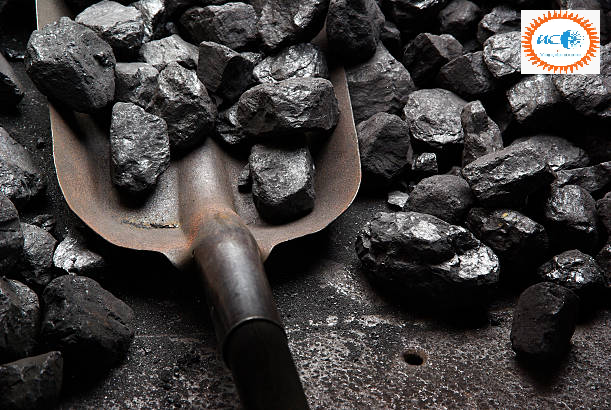Despite a bountiful reserve of coal, its shortage has become systematic and perennial. Highlighting the causes, recommend some corrective measures.
Approach:
- Introduce the answer by presenting data that highlights the bountiful reserves of coal in the country.
- In the body of the answer, discuss the reasons for perennial coal shortages in the country.
- In the next part of the body, discuss corrective ways to reduce coal shortages.
- Conclude the answer by highlighting the importance of coal and calling for its gradual phasing down.
India ranks 5th in the world in terms of coal reserves and is the second largest producer of coal. The proven reserves are equivalent to 111.5 times our annual consumption. Despite this, shortage of coal has become both perennial and systematic. Such shortages can be attributed to structural factors such as:
- Monopoly of Coal India Limited (CIL) hampers the free/competitive trade of coal.
- Poor management of the coal supply chain has resulted in inefficient usage/distribution of coal.
- High freight rates, delays in deliveries, defaults on payments by power companies are also significant hurdles.
Other than these structural factors, there are several other general factors that contribute to the coal shortages, such as:
- Poor inventories: Coal inventories at the power plants have consistently declined to about 13% since April (2022) to the lowest pre-summer levels.
- Rising temperatures: The peak demand for power has increased with an early onset of summers. E.g., demand for power in Delhi rose by 42% in the month of April 2022.
- International factors: Russia-Ukraine crisis has resulted in disruption of international coal supply. India’s dependence on imports for its coal requirements have increased from 6% (2000-01) to 21.7% (2021-22).
- Climatic factors: As per center’s Core Management Team (CMT) heavy rains in the coal mining areas have resulted into lesser than usual coal production.
- Increasing power demand/slow growth in production: Coal shortages can also be attributed directly to a substantial increase in the power demand without a corresponding increase in production. E.g., as per a report, power demand has increased to 124.2 BU per month in 2021 from 106.6BU per month in 2019.
In order to ensure an adequate supply of coal, there is a need to take following corrective measures:
- Streamlining the supplies of already available coal with dedicated freight corridors and real- time tracking. E.g., Rail SUGAM.
- Enhancing the reach of Smart Grid, to minimize power wastage and stealing and to encourage house owners to generate more electricity through rooftop-solar etc.
- Incentivizing miners and popularizing schemes like HELP to ensure domestic exploration/supplies.
- Transparent mechanism to ensure timely payments to avoid delays in supplies.
- Diversification of the energy sector is the need of the hour. Renewable energy targets need to be enhanced and met in a time-bound manner.
- Enhancing competitiveness in the sector by encouraging more companies, especially the private sector in the coal field.
The Indian economy is overly dependent on coal and it is thus a strategic resource for India. To ensure our energy security, focus is needed on both fronts- enhancing coal production as well as gradually phasing down coal usage.






